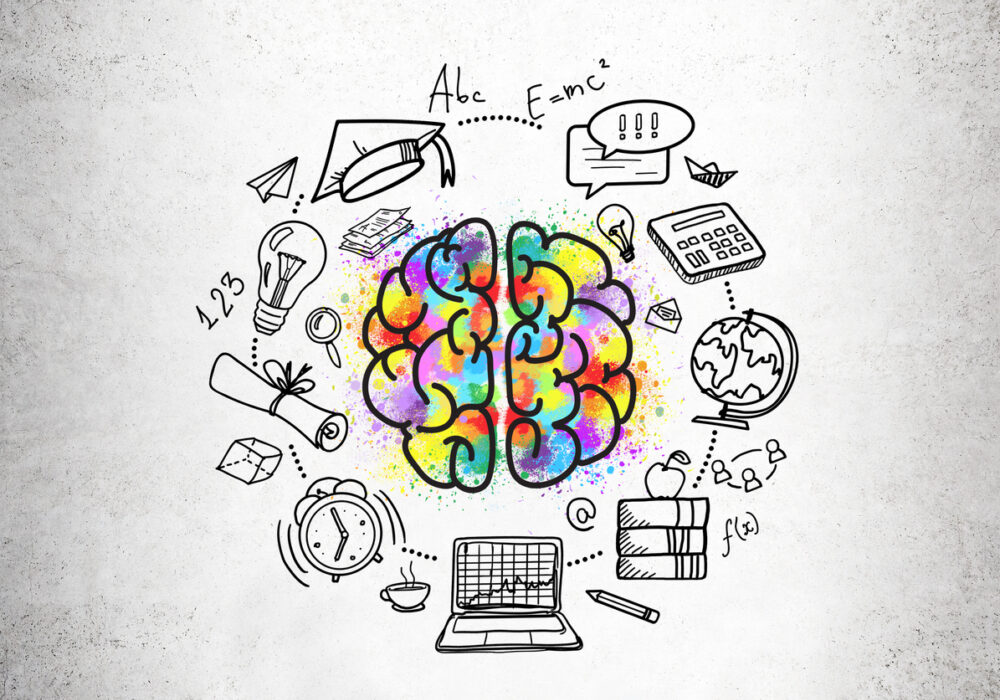
Brainspotting Training - Phase 1
October 8 - October 10, 2021



- Overview
- Agenda
- Instructor
- Continuing Education Credits
- Cancellation & Refund Policy
- Accessibility
- Grievance Policy
- System Requirements
- Contact
Introductory/Beginning Level Three day 21-hour live training online training
Brainspotting is a brain-based therapy based on hypothesis that specific eye positions designated as "brainspots" activate and access specific area of the midbrain that allow for the reprocessing and releasing of core neurophysiological reactions to trauma-related and other psychological experiences. In addition, brainspotting is built on a model that emphasizes therapist-client presence and attunement in the healing process. As an open and integrative model, brainspotting is adaptable to many different areas of specialization and can be integrated with other treatment models.
In this introductory Brainspotting Phase 1 training, participants will learn four basic brainspotting techniques. In addition, participants will receive and overview of the:
- standards of care and professional practice for brainspotting practitioners,
- research that supports the primary assumptions of brainspotting; and
- challenges of research and evidence-based treatment for conditions such as Complex PTSD
LEARNING OBJECTIVES
Participants of this introductory level course participants will be able to:
- Summarize the standards of care and professional practice of the International Brainspotting Association.
- Describe the hypothesized neurological underpinnings of how brainspotting works.
- Summarize the research that supports the hypothesized way in which eye positions activate and accesses midbrain activity.
- Explain the uncertainty principle as it relates to brainspotting.
- Describe the concepts of simultaneous neurobiological and relational attunement.
- Explain the importance of client-therapist attunement during brainspotting.
- Explain how the treatment frame is set and held by the therapist.
- Explain the role of focused mindfulness in brainspotting.
- Discuss the similarities and differences between the activation and resource models of brainspotting.
- Explain the concept of limbic countertransference.
- Demonstrate a basic mastery of the use of the outside window brainspotting technique.
- Demonstrate a basic mastery of the use of the inside window brainspotting technique.
- Demonstrate a basic mastery of the use of the gaze spot brainspotting technique.
- Demonstrate a basic mastery of the use of the resource model of brainspotting technique.
- Assess the appropriate brainspotting techniques for the treatment of Post-traumatic stress disorder, including the Dissociative Subtype, and other trauma-related symptoms.
- Describe two challenges to assessing and providing evidence-based treatment to individuals with Complex PTSD.
SCHEDULE:
Registration begins at 8:30 am on the first day.
Training runs from 9am - 5:30pm each day.
For cancellation policy see menu at top of this page.
Evaluations and certificates will be available after the course completion www.ceuregistration.com
There is no conflict of interest or commercial support for this program.
TARGET AUDIENCE:
Classes are open to all licensed professional counselors, licensed social workers, psychologists, psychoanalysts, MFTs, Substance Abuse Counselors, and students who are curious and seek to expand their knowledge.
FREE OPTIONAL FOLLOW-UP CONSULTATION DATES:
10/15 12pm-1pm
10/27 5pm-6pm
11/23 5pm-6pm
ALL Central Standard Time
Day 1 - Friday
9:00 - 9:30 AM
Course Overview
9:30 - 10:45 AM
Brainspotting Intro, History, Research, etc.
10:45 - 11:00 AM
Break
11:00 - 11:30 AM
Discussion/PPT cont.
11:30 - 12:45 PM
Outside Window Demo with Debrief
12:45 - 1:45 PM
Lunch
1:45 - 2:00 PM
Outside Window Recap/Review
2:00 - 4:00 PM
Outside Window Practicum with Debrief
4:00 - 4:15 PM
Break
4:15 - 5:30 PM
Inside Window Demo with Debrief
Day 2 - Saturday
9:00 - 9:15 AM
Friday Recap
9:15 - 9:30 AM
Inside Window Recap
9:30 - 11:30 AM
Inside Window Practicum with Debrief
11:30 - 11:45 AM
Break
11:45 - 12:45 PM
Gazespotting Demo with Debrief
12:45 - 1:45 PM
Lunch
1:45 - 2:00 PM
Debrief, cont. with Recap
2:00 - 4:00 PM
Gazespotting Practicum with Debrief
4:00 - 4:15 PM
Break
4:15 - 5:00 PM
Small Group: General Q&A
5:00 - 5:30 PM
Large Group Q&A
Day 3 - Sunday
9:00 - 9:30 AM
Saturday Recap
9:30 - 10:45 AM
Resource Approach Intro DID with Powerpoint
10:45 - 11:00 AM
Break
11:00 - 11:30
Q&A
Discussion of BSP Resource Model, debrief of Resource demo
1:00 - 2:00 PM
Resource and DID, Cont.
11:30 - 12:45 PM
Resource Demo with Debrief
12:45 - 1:45 PM
Lunch
1:45 - 2:00 PM
Resource Recap
2:00 - 4:00 PM
Resource Practicum with Debrief
4:00 - 4:15 PM
Break
4:15 - 4:45 PM
Small Group: Using BSP with Various Populations
4:45 - 5:30
Large Group Q&A with Final Recap

Cherie Lindberg
Brainspotting Trainer & Consultant, MSE, LPC, NCC
Cherie Lindberg, is the owner of Get Connected Counseling & Consulting, LLC, has been in the counseling field for more than 20 years. She is a Licensed Professional Counselor, Nationally Certified Counselor, Brainspotting Trainer & Consultant. She is also certified in Imago Relationship Therapy and trained in EMDR. Her specialties include performance enhancement, life transitions, personal growth, anxiety disorders, marital therapy, stress management, PTSD, and ego state therapy.
If R. Cassidy Seminars is not an approved sponsor of continuing education in the state in which you are licensed, please click here to find out if it is possible to receive credit for continuing education from an approved sponsor of another state licensing board.
CE Registration & Completion
CE RegistrationPlease see our Cancellation and Refund policy page for details.
Cherie Lindberg and Elevated Life Academy are committed to ensuring that all our continuing education (CE) offerings meet the highest standards of accessibility. We invite you to reach out to the trainer at coach@cherielindberg.com with any specific accessibility needs or accommodations you may require. Please make us aware of your requests prior to the training to ensure an inclusive and supportive learning environment.
Participants who have a grievance related to our continuing education courses are encouraged to submit their concerns in writing via our online form within 30 days of completing the course.
The grievance should include:
- Participant's name and contact information.
- Course title, date of completion, and instructor's name (if applicable).
- Detailed description of the grievance, including relevant facts and supporting documentation, if any.
- Desired outcome or resolution sought by the participant.
To access this online interactive webinar, you will need a cable, high-speed DSL or other medium that is internet accessible and a device (typically made within the last 5-7 years) that is able to run the Zoom software.
Please view Zoom's System Requirements for more information.
For questions or concerns, please reach out to:
Cherie Lindberg, LLC
Elevated Life Academy
W7575 Schueler Lane
Shiocton, WI 54170
920-841-2113
Email